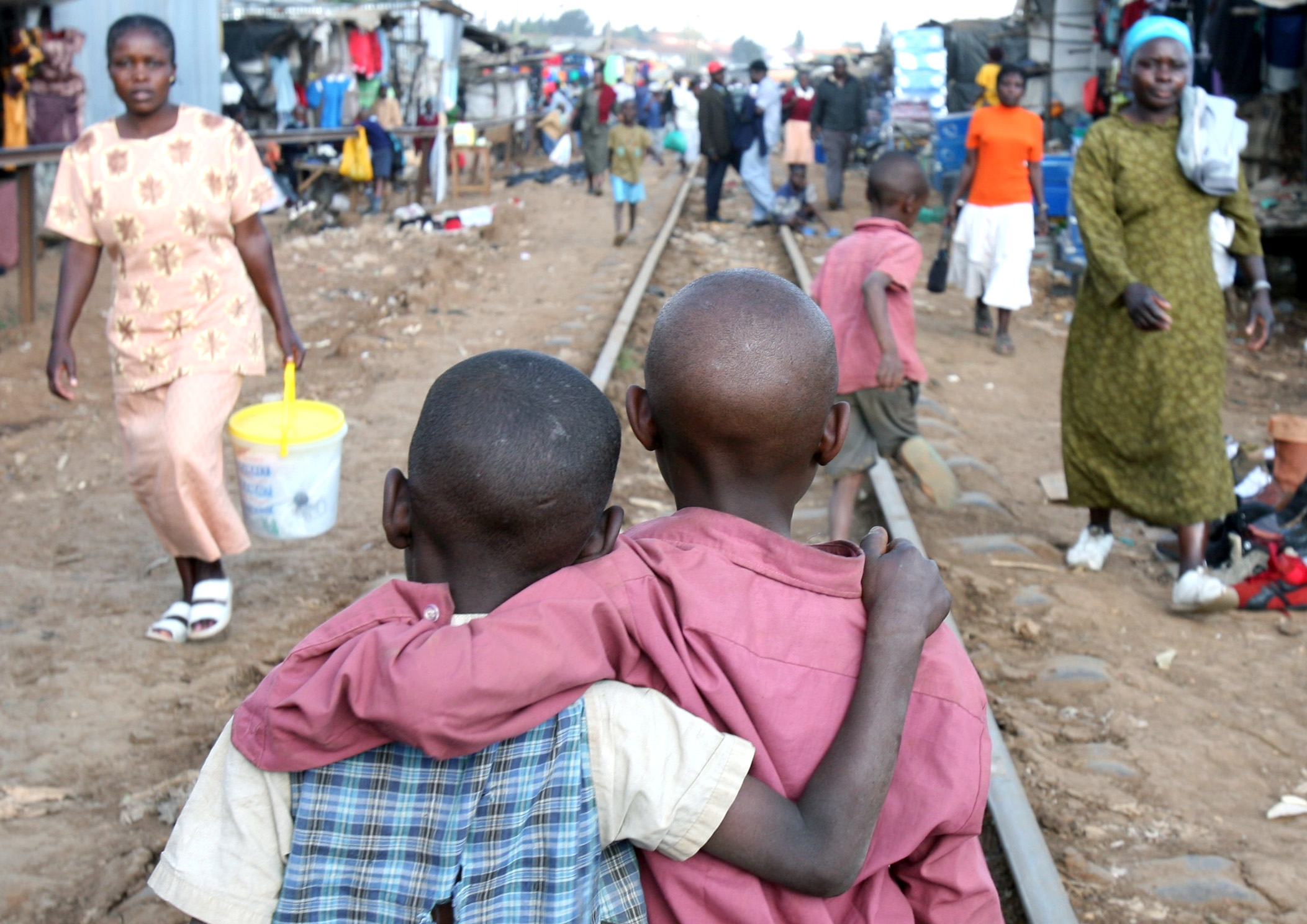"My grandmother told them, because I was always sick. Many children who know, fear me and don't want to play with me," he told IRIN/PlusNews at his home in Vihiga District, western Kenya. "They think I can give it to them, but I know I cannot. I tell them I am like them but they don't agree."
Some of the kids in his neighbourhood still refuse to hang out with him, but three years ago, Yona found a new set of friends. A support group for children living with HIV has given him the chance to regularly meet children his own age to play or share personal experiences.
"Since I started meeting my friends, I am not afraid of HIV, because I see them and I see myself and we are very fine," he said. "When I come here and meet with my friends, we play and somebody asks me if I have taken my drug then I remember I should take my medicine."
The support group is part of Zingatia Maisha (“carefully consider life” in Swahili) - a project run by the government and NGOs, including the Elizabeth Glaser Paediatric AIDS Foundation (EGPAF) and the African Medical and Research Foundation, AMREF. The programme aims to involve people living with HIV and their communities in treatment, adherence and support.
Plugging the gap
There are currently 20 paediatric psychosocial support groups in Vihiga, catering for 600 HIV-positive children; about 80 percent of these children are not only HIV-positive but also total orphans. They meet independently every weekend and once a month with a healthcare provider who gives them health talks.
The programme is helping fill a large gap in the care of children living with HIV nationally. The Kenya National AIDS and Sexually Transmitted Infections Control Programme says there are just 1,800 health workers trained to care for the estimated 170,000 Kenyan children living with HIV.
"Giving them the opportunity to share, helps to reduce stigma amongst them because they realize they are not alone and they are not any different," she added.
Oriwo noted that the behaviour change communication imparted to the children would hold them in good stead as they transitioned to adulthood and began to deal with sexual matters.
Fourteen-year-old Patience*, who says she is already sexually active, has received education on reproductive health and condom use, and is a peer educator at her school.
"The counsellors have taught me things about how I can stop being pregnant... I know how to use a condom," she said. "I have accepted my condition and I try to make other children and adults also just accept our condition."
Wider benefits
Frederick Nyumba, officer-in-charge of the Mulele health centre, a government health facility in Vihiga, says the benefits of the groups extend beyond the psychological.
"When children are in such support groups, drug adherence is extremely good because the children act as guardians to each other by reminding their fellow children to take their medicine or remind their old grandmothers to give them drugs," he said. "This networking amongst them means it is not only easy to trace defaulters but also to keep tabs on one another's wellbeing."
The groups also aim to foster economic independence among the children; every time they meet, the children contribute a shilling (1.2 US cents) each and their guardians contribute what they can; the money is used to buy goats that are given to the children's foster families on a rotational basis.
"Now I have a goat at home and my grandmother is happy with it. I know it will produce some more children and then I can sell [them] and pay my school fees when I reach secondary," said Cedric.
To ensure the children are raised in healthy environments, Zingatia Maisha also teaches foster families how to care for HIV-positive children - from adherence to drugs, to how and when to disclose a child's HIV status to them.
* Not her real name
ko/kr/cb
This article was produced by IRIN News while it was part of the United Nations Office for the Coordination of Humanitarian Affairs. Please send queries on copyright or liability to the UN. For more information: https://shop.un.org/rights-permissions
